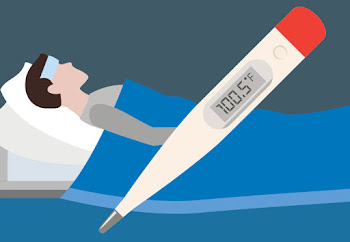What Are the Main Symptoms of Hyponatremia?
Hyponatremia may be a condition where serum sodium levels drop to below 135 mEq/L. Usually, hyponatremia will resolve on its own, but in some cases the condition will progress and may cause swelling of cells. Mortality in hyponatremia is caused by brain damage caused by swelling of brain tissues. When serum sodium levels drop, ECF goes inside the cells where there's higher concentration of solutes. this is often a physiologic attempt of the body to correct water balance of the cells. Swelling are often a drag when it reaches the brain for there's limited room for brain expansion. this will cause brain compression which will damage the brain. For immediate diagnosis, it's best to watch for symptoms of hyponatremia to assist choose the treatment modalities to be applied.
When symptoms of hyponatremia are present, corrective measures are to be done to stop complications. Symptoms often include:
- Nausea
- Muscle weakness
- Vomiting
- Muscle spasms or cramps
- Confusion
- Hallucination
- Decreased mental alertness
- Seizures
- Coma
Treatment is directed towards the explanation for hyponatremia. If underlying conditions like kidney problems, liver problems, and congestive coronary failure are present, treatment of this condition is applied in conjunction with hyponatremia corrective therapy. In some cases, fluid restriction of 1-1.5 L/day is important to assist lessen the intake of free water and increase serum sodium levels. For patients having problems with fluid restriction, medications like diuretics and vasopressin antagonists are given to assist eliminate excess water while retaining sodium. this will effectively increase serum sodium concentrations within the body for those with acute hyponatremia. the other fluid is replaced by IV therapy of 0.9% or 3% sodium solution, counting on the severity of the condition. If severe symptoms of hyponatremia are present, sodium correction of 1-2 mEq/L increase in every hour for 3-4 hours is suggested . Treatment is stopped when neurologic symptoms subside or when serum sodium levels reach over 120 mEq/L.
Absence of symptoms of hyponatremia within the presence of low serum sodium levels doesn't need correction. Fluid restriction and diet modification are usually advised by the doctor to assist prevent further decline of sodium levels. If you experience any symptoms of hyponatremia, it's advised that you simply seek medical consultation immediately to rule out the other conditions which will be causing symptoms.


Comments
Post a Comment